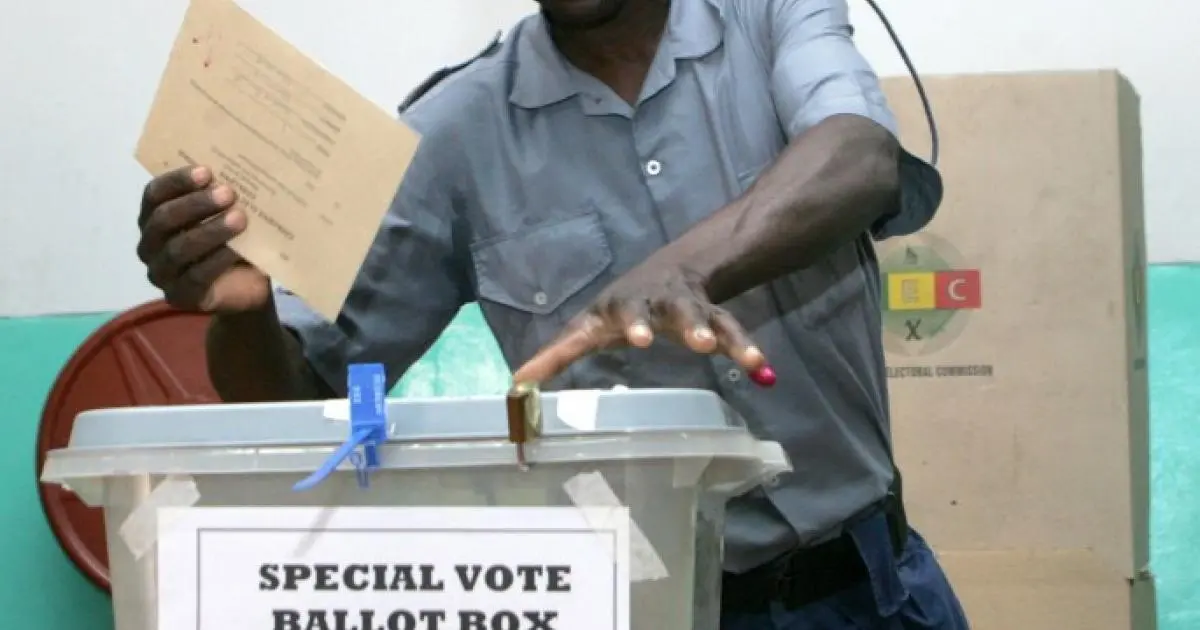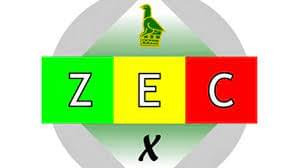The Zimbabwe Human Rights Commission (ZHRC) post-election report has pointed out glaring irregularities during the 2023 harmonized polls including the involvement of affiliate organisations.
In its report, ZHRC, said despite the peaceful and calmness that prevailed during the election period, the watchdog received cases of violation of civil and political rights, including, intimidation, coercion and threats among others.
The incidents, according to ZHRC, allegedly instilled fear in some of the electorate thereby infringing on the political rights guaranteed in the Constitution.
“ZHRC noted the involvement of Affiliate Groups during the 2023 Harmonized elections. These included Team Pachedu, Forever Associates Zimbabwe (FAZ) and the Zimbabwe Heritage Trust (ZHT), among others. It was evident throughout the whole electoral cycle that these Affiliate Organisations had significant influence in the electoral processes,” read the report.
The media coverage for the 2023 elections, according to the report, was polarized.
“The public media (electronic and print) by and large, reported more in favour of the ruling party whilst the private media reported more favourably on opposition political party activities.
“There was evidence of more traffic on different social media platforms, and this had become an alternative major source of information for the electorate.”
The pre-election period as noted by ZHRC was also characterised by several court cases relating to the qualification of candidates contesting for different positions, including for presidency.
“The nomination fees for the Presidential and National Assembly and Local Authority positions were increased and were beyond the reach of some contestants, particularly women.
“It is believed that the high fees acted as a deterrent to chancers who would have jumped on board like they did in the previous election of 2018, where there were 23 Presidential Candidates,” ZHRC said.
In some Constituencies, the elections were characterized by logistical and technical glitches, such as late delivery of voting materials to polling stations.
“In order to adhere to the 12-hour voting period prescribed by the law, affected polling stations were allowed to compensate for lost time, caused by either late opening of polling stations or running out of ballot papers.
“As a result, voting extended into the following day, which was 24th of August 2023. These challenges inconvenienced some citizens and most likely affected their right to vote.”
Despite the extension to vote, ZHRC said some affected polling stations were open during the night only.
“Of concern was that some affected polling stations were mostly open during the night, making it difficult for vulnerable groups such as women and Persons with Disabilities (PWDs) to visit such polling stations and cast their vote.”
The human rights watchdog said there were also allegations of intimidation, organised voting, the conflation of roles by some traditional leaders who doubled up as political agents; and practices of conducting exit poll surveys, which might have compromised secrecy of the ballot.










